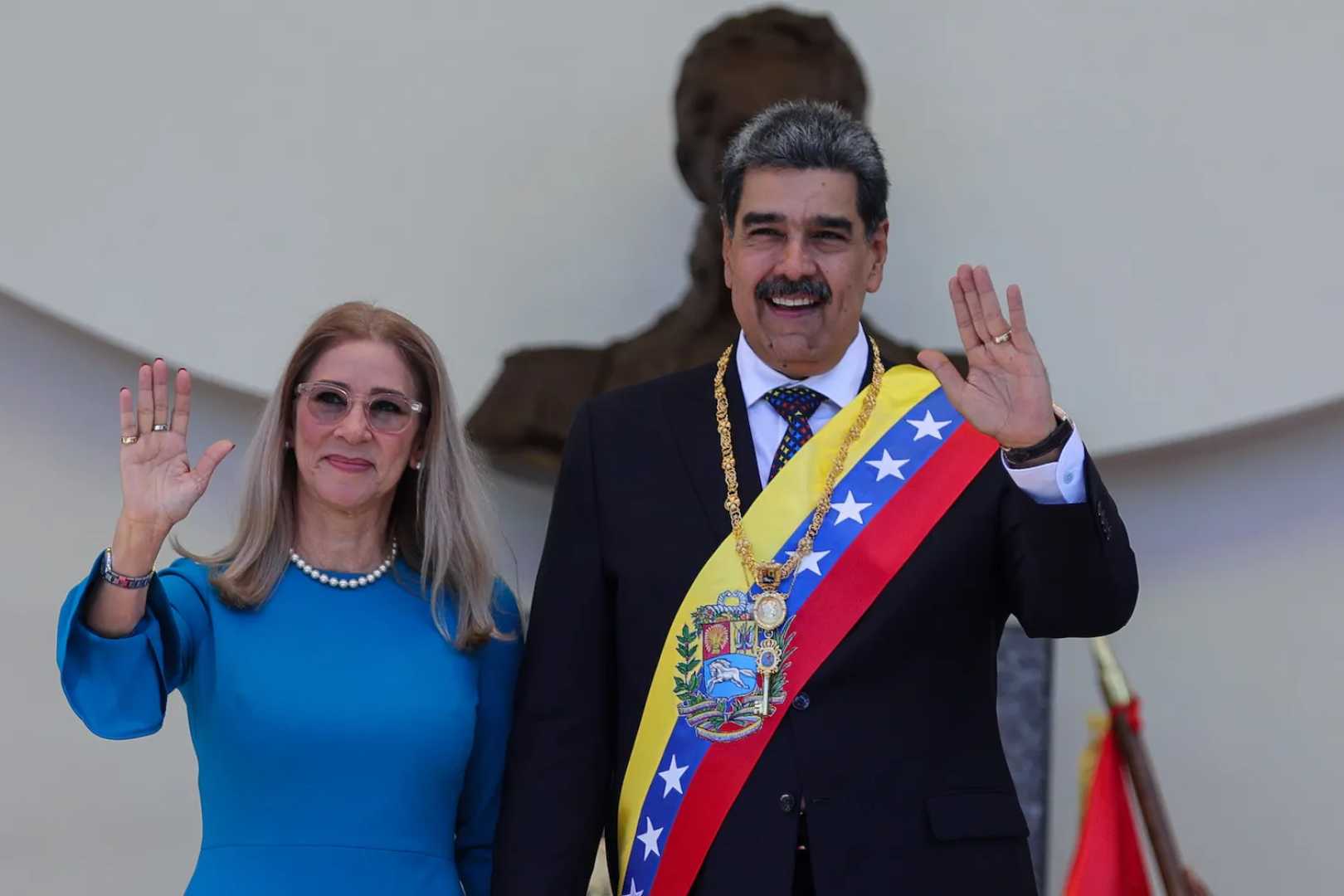World
Maduro Sworn In for Third Term Amid Election Controversy, Regional Crime Concerns

CARACAS, Venezuela — Venezuelan President Nicolás Maduro was sworn in for a third term Thursday, despite widespread allegations of electoral fraud and opposition claims that his opponent, Edmundo González, won the July 28 election. The inauguration solidifies Maduro’s grip on power amid a deepening economic crisis and growing concerns over Venezuela’s role as a regional hub for organized crime.
Security forces flooded the streets of Caracas as Maduro took the oath of office, underscoring the tense atmosphere in the capital. Since the contested election, Maduro’s government has intensified its crackdown on dissent, detaining thousands of opposition figures, journalists, and activists. The United Nations has condemned the repression, calling it a violation of human rights.
“The situation is highly concerning. We have witnessed an intensification of violence since the presidential elections in July, not only involving state security forces but also armed civilians who have publicly expressed their support for Maduro’s government,” said a Caracas-based lawyer, who requested anonymity for fear of reprisal.
Maduro’s regime has long relied on illegal armed groups and paramilitary units, known as colectivos, to maintain control. Since taking office in 2013, he has overseen economic collapse, hyperinflation, and the rise of Venezuela as a key player in the global cocaine trade. The country’s border with Colombia has become a hotspot for coca cultivation and drug labs, managed by Colombian rebel groups like the National Liberation Army (ELN) and dissident factions of the Revolutionary Armed Forces of Colombia (FARC).
These groups, ideologically aligned with Maduro’s socialist Bolivarian Revolution, enjoy protection and support from his government. The ELN, in particular, has close ties to Cuba, which provides intelligence and logistical backing to Maduro’s regime. This alliance has further entrenched Venezuela’s role in the global drug trade, with cocaine and gold smuggling networks operating under state protection.
Maduro’s reliance on criminal rents has allowed him to maintain the loyalty of military and political elites, even as ordinary Venezuelans face dire economic conditions. The country’s ongoing crisis has triggered one of the largest migration waves in Latin American history, with over 7 million Venezuelans fleeing abroad since 2015. Many of these migrants fall victim to Venezuelan criminal gangs, such as the Tren de Aragua, which has expanded its operations across Colombia, Peru, Chile, and even the United States.
Analysts warn that another six years under Maduro will exacerbate regional instability. His protection of Colombian rebel groups undermines Colombian President Gustavo Petro’s “Total Peace” initiative, aimed at ending the country’s decades-long civil conflict. Meanwhile, Venezuela’s deepening ties to organized crime pose significant threats to neighboring countries and beyond.
“An extended Maduro presidency will likely feed the Colombian civil conflict, protect the booming global cocaine business, and fuel illegal networks dedicated to selling oil and gold,” said Jeremy McDermott, co-founder of InSight Crime, a research organization focused on organized crime in Latin America. “The effects will be felt across the region and as far as the United States.”
As Maduro begins his new term, the international community faces mounting challenges in addressing Venezuela’s political and humanitarian crises. With no end in sight to the country’s downward spiral, the prospects for meaningful change remain bleak.












